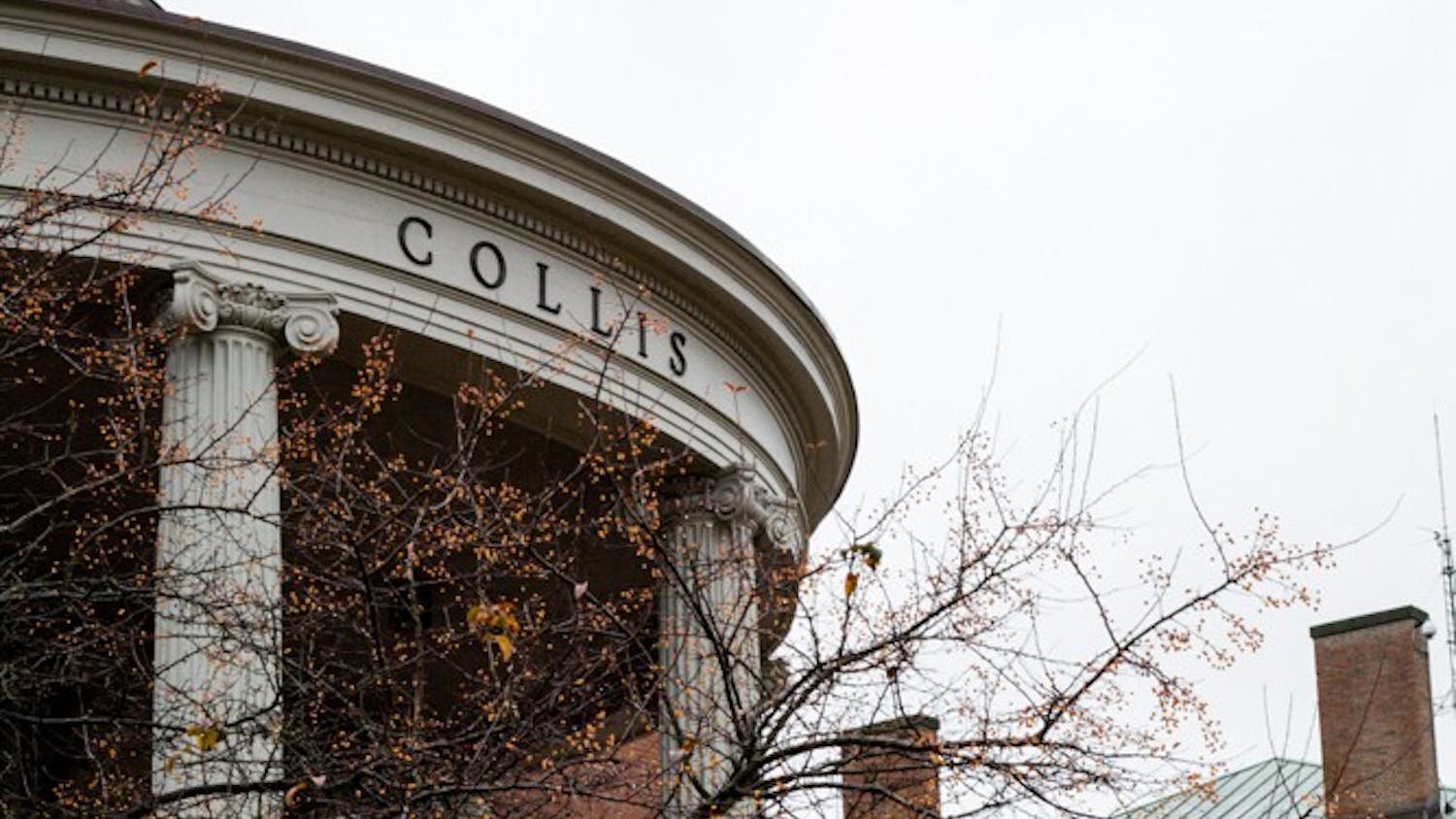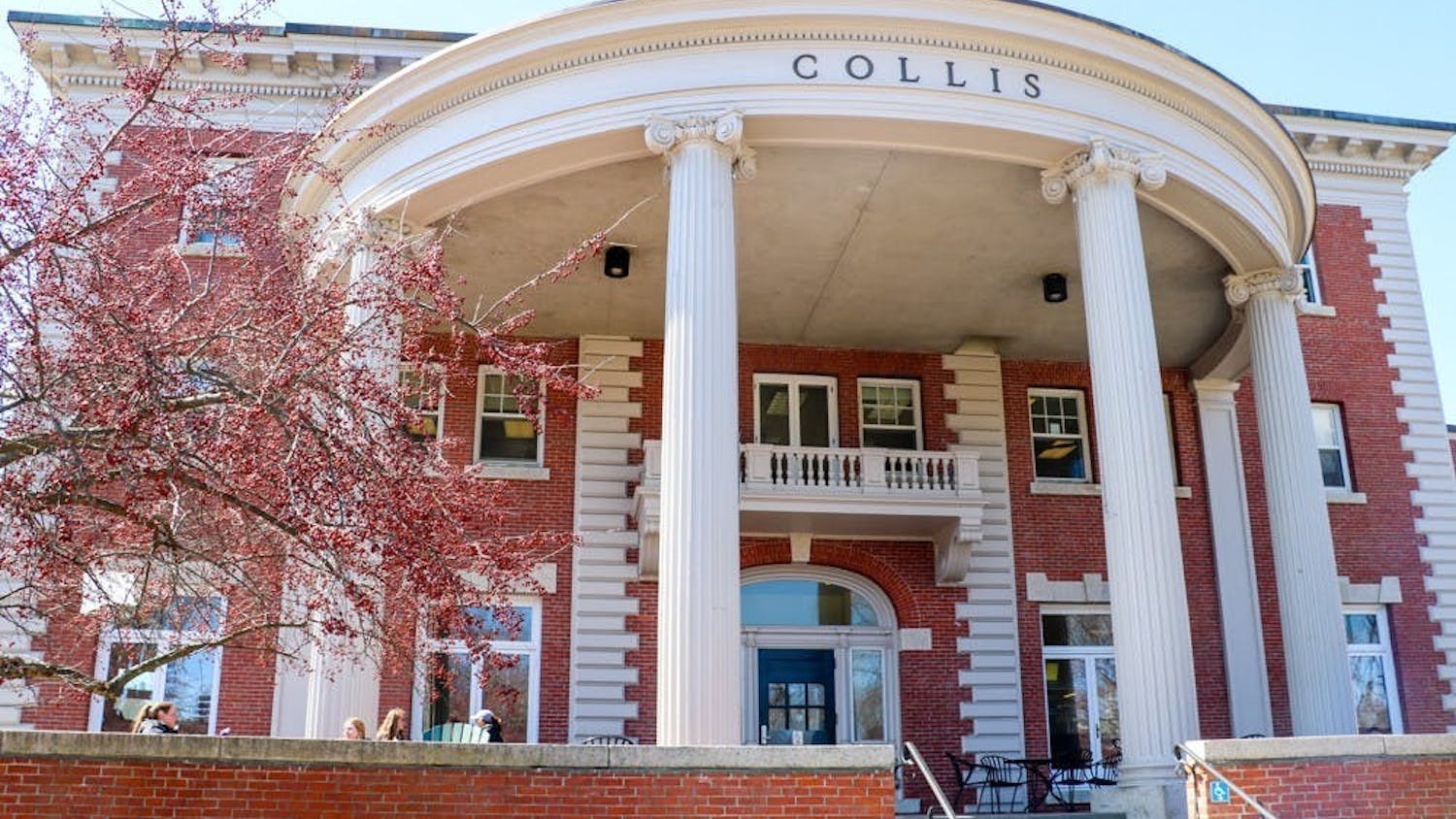Each year, at the outset of Dartmouth’s Student Assembly election period, the Elections Planning and Advisory Committee publishes its annual election code. In recent elections, this rulebook — which outlines the regulations by which candidates’ campaigns and their supporters must abide — has grown increasingly complex and draconian, expanding into spheres of students’ social lives that a student-run committee should have no business occupying. This year and last, in the name of “ensur[ing] equality, equity, fairness between all candidates” after the pandemic forced campaign activities online, EPAC has only tightened its already stringent rules. Many of these more recently imposed regulations — as well as many of those already in place — are decidedly undemocratic and stand in direct conflict with the committee’s mission statement that EPAC exists to facilitate “open and fair” student elections.
While some of the committee’s policies are reasonable and actively contribute to EPAC’s stated mission of ensuring legitimacy and fairness in student elections, many others do not. To give just a few examples of the shortcomings in EPAC’s election code, under the committee’s current rules candidates are barred from sending out more than three campaign-related posts on their personal social media accounts over the entire duration of the election period, posting messages in group chats of over 100 members and publishing written endorsements of other candidates. These policies, in addition to infringing on the autonomy that campaigns should have in making the case for their candidacy to the student body, create unnecessary hurdles for both campaigns and their supporters.
Additionally, EPAC subverts the democratic process by attempting to insert itself as a gatekeeper of candidate speech. For example, the committee requires campaigns to receive approval before posting videos or even Snapchat filters online, in addition to compelling candidates — under threat of disqualification — to ask EPAC’s permission before campaigning on “any medium of advertising” not covered in the committee’s election code.
If this wild overreach into candidates’ ability to campaign freely wasn’t already enough, EPAC seems to be under the impression that its jurisdiction extends to governing how organizations and individuals campus-wide are able to participate in the electoral process. These restrictions EPAC attempts to foist on students include arbitrary and overreaching limits on endorsements. For instance, the committee’s election code stipulates that organizations may send only a single email in support of a candidate to their member lists. Supporters, meanwhile, are limited to a maximum of three posts on social media — though it’s unclear how EPAC could ever hope to monitor and enforce compliance by the College’s more than 4,000 students.
At its core, EPAC in its current form suffers from a glaring lack of transparency. Perhaps one of the most bewildering of EPAC’s powers is the committee's ability to suspend campaigns with little to no warning and virtually no appeals process. During this year’s campaign period, after EPAC decided to temporarily suspend the campaign of Attiya Khan ’22 and Sebastian Muñoz-McDonald ’23, the ticket described not being informed of the charges it faced prior to an EPAC disciplinary hearing and said it was not permitted to mount a defense during the hearing. In addition to leaving the Khan-Muñoz campaign in the dark, EPAC declined to comment on their suspension in The Dartmouth, informing a reporter that the committee “does not discuss sanctions publicly.” For a committee that touts transparency as one of its guiding philosophies, these guidelines create an unnecessarily opaque process.
While some students might fear that without such stringent regulations, elections could become a popularity contest, it remains unclear how the current rules actually work towards addressing this concern. Regardless, it’s evident that EPAC’s convoluted elections code is doing much more harm than good by making elections unnecessarily complicated and bureaucratic. Significantly rolling back these regulations would make elections more fair and straightforward, and would prevent too much power from being concentrated in the hands of a few students. In amending its code, rather than creating disdain for the electoral process, EPAC could encourage student participation in Student Assembly elections by reducing the numerous barriers that unnecessarily complicate the election process.
While student elections might be easy to dismiss as inconsequential compared to higher-stakes national elections, say, it’s important to remember that many Dartmouth students go on to become influential leaders in government, academia and the private sector, in some cases stepping into leadership roles at the very organizations in which we entrust our federal democratic processes. These alumni include the first-ever chairman of the Federal Election Commission, an ’84 who recently served as chief of staff of the DNC, and an ’89 who currently sits in the role of RNC National Committeewoman for California. In a community brimming with future leaders, we’re all better off if anti-democratic ideas like those enshrined in EPAC’s election code are snuffed out sooner rather than later.
In a preamble to the committee’s election code document, EPAC’s chair quotes the American poet Maya Angelou as saying “if you don’t like something, change it.” The Dartmouth’s Editorial Board urges Dartmouth students — many of whom are undoubtedly frustrated by the committee’s attempts to exert influence on their personal and social lives — to follow this same advice by pushing EPAC to overhaul its undemocratic and needlessly restrictive election code.
The editorial board consists of opinion staff columnists, the opinion editors, the executive editors and the editor-in-chief.
Editor-in-chief Kyle Mullins was not involved in the writing or editing of this editorial due to a conflict of interest.



